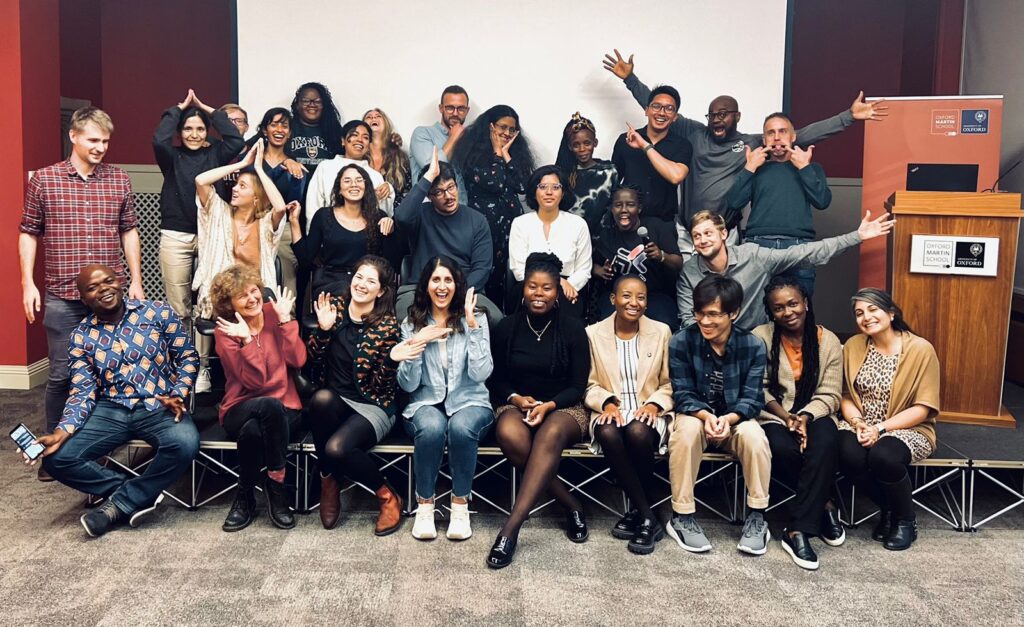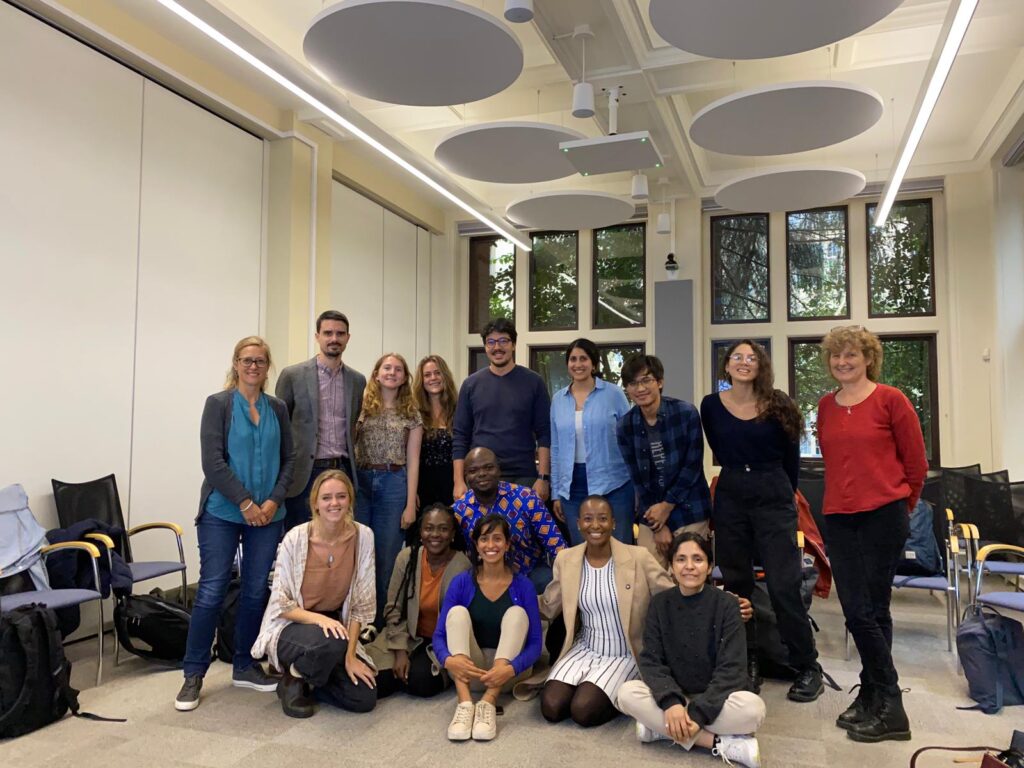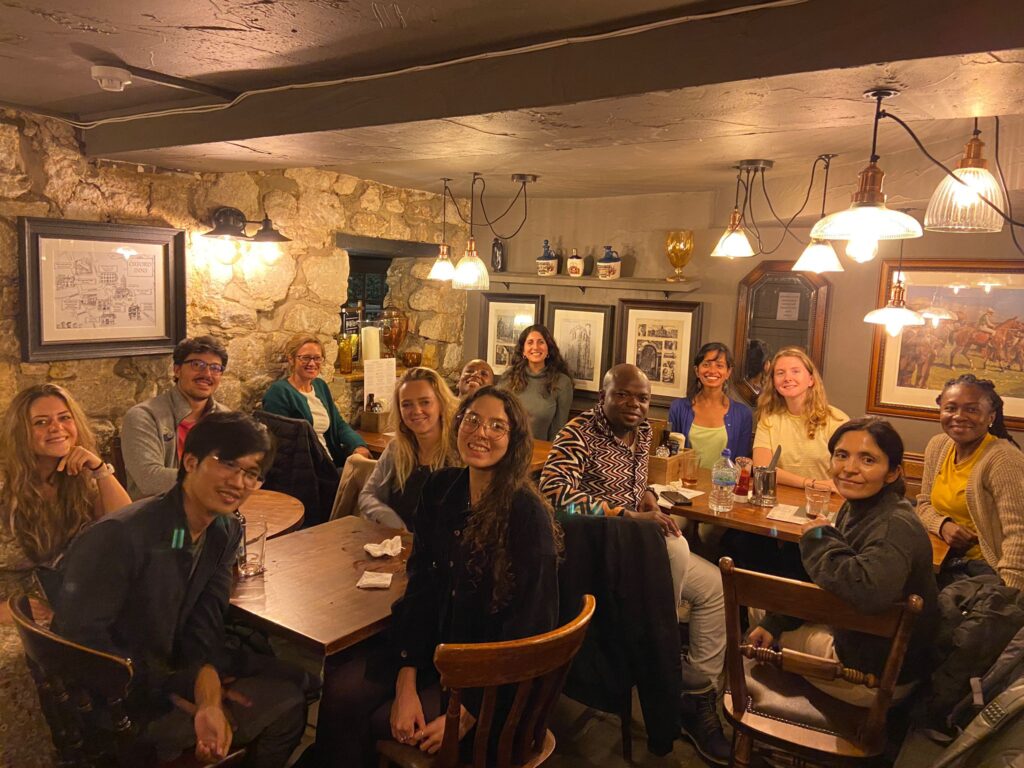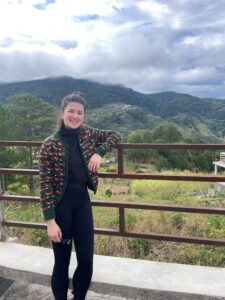University of Oxford
11a Mansfield Rd
OX1 3SZ
UK

By Takudzwa S. Mutezo
ICN is an annual conference held by ICCS at the University of Oxford. ICN brings together early career researchers from across the globe to connect, exchange and collaborate, whilst equipping them with key skills necessary for an impactful career.
Participants of this year’s ICN were assigned to three themes, namely:
- Legality in Wildlife Trade;
- Qualitative Impact Evaluation in Conservation;
- A Manifesto for African Led Conservation Research.
The work began prior to the Conference, as respective members of each theme met via ZOOM, with some tuning in from their field work in California, India, Zimbabwe, and many more. Separated by time and distance but united in their passion for conservation research.
The ICN conference commenced on the 18th of September 2023, on a rainy day in Oxford. Participants gathered in the Oxford Martin School, with a warm welcome address from Prof. Dame E.J. Milner-Gulland. This set the tone for what was be an inspiring and transformational Conference.

After months of virtual meetings research themes were finally able to meet in person, dialogue, and share. Ideas emanating in potential research questions and diverse approaches were deliberated on, with the assigned mentors acting as a sounding board where discord ensued. Prof Dame E.J Milner-Gulland, Dan Challender, and Thomasina Oldfield were the mentors for the Legality in Wildlife Trade theme. Dr. Diogo Verissimo mentored the Qualitative Impact Evaluation in Conservation. A Manifesto for African Led Conservation Research had Dr. Rosie Trevelyan as their mentor. The patience of our mentors and ability to offer guidance where necessary, proved invaluable during the entire process.
The outcome was phenomenal, as bonds forged over months of virtual meetings were solidified. ECRs in each theme left inspired and sought innovative approaches to answer some of the most pressing conservation questions.
The Conference also served as an opportune time for connecting outside of the themes. A session on ‘making diverse voices heard’ by Dr. Nafeesa Esmail provided a platform for sharing and awareness between ECRs. This experiential exercise encouraged us to be cognizant about our different realities, whilst celebrating our shared identities and experiences.
As with anything in this world, including conservation; money – or as we call it, funding is a big cause for concern. Thus, a session on grant writing by Dr. Diogo Verissimo & Dr. Amy Hinsley was much appreciated and resulted in a very interactive presentation. In addition, AfOx which graciously funded the participation of many ECRs from Africa, shared potential funding opportunities.
Researchers rely on the ability to effectively communicate their research. Thus, the sessions on Scientific Writing by Dr. Rosie Trevelyan, and Data Analysis and GIS in R by Dr. Tim Kuiper served as invaluable technical guides for the ECRs in attendance. Moreover, it is increasingly clear that research and information can have value and impact when shared in a non-technical way and through various media including audio or visual, to inform our communities about what is happening around us. The session on Positive Communication by Dr. Sofia Castello y Tickell challenged participants to think outside the box, and find creative ways to express our research, in a way that can be relatable and impactful.
ICN allowed ECRs to get a glimpse of conservation in practice. An interactive session with Dr. Dan Challender, Mxolisi Sibanda and Dr. Sophus Zu Ermgassen on the ways in which research may feed into decision making such as laws and policy was encouraging to say the least. ECRs left knowing that their research can have an actual impact, when there is an intentional approach taken by the researcher. In addition, Dr. Lena Jeha gave a session that reinforced the value that Monitoring, Evaluation and Learning can add to sustainable and impactful conservation.
One of the greatest takeaways from the Conference was attuned to the statement: ‘there are many ways to eat a kiwi’. Prof. Dame E.J. Milner led a session on careers, which ignited dialogue on the various career paths that one may take in the field of conservation.
Apart from the formal sessions, participants had the opportunity to get to know each other over a meal, while discussing their shared passion for conservation, during lunch/dinner.
Ultimately, ICN was a transformational experience. The organising committee comprising of Tim, Lucy, Trisha, Reshu, Nomsa and Will did a phenomenal job. This year’s ICN will forever be indented in my memory, and I am certain that it will yield collaboration and some interesting research outcomes in the near future.


